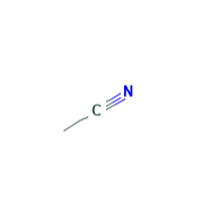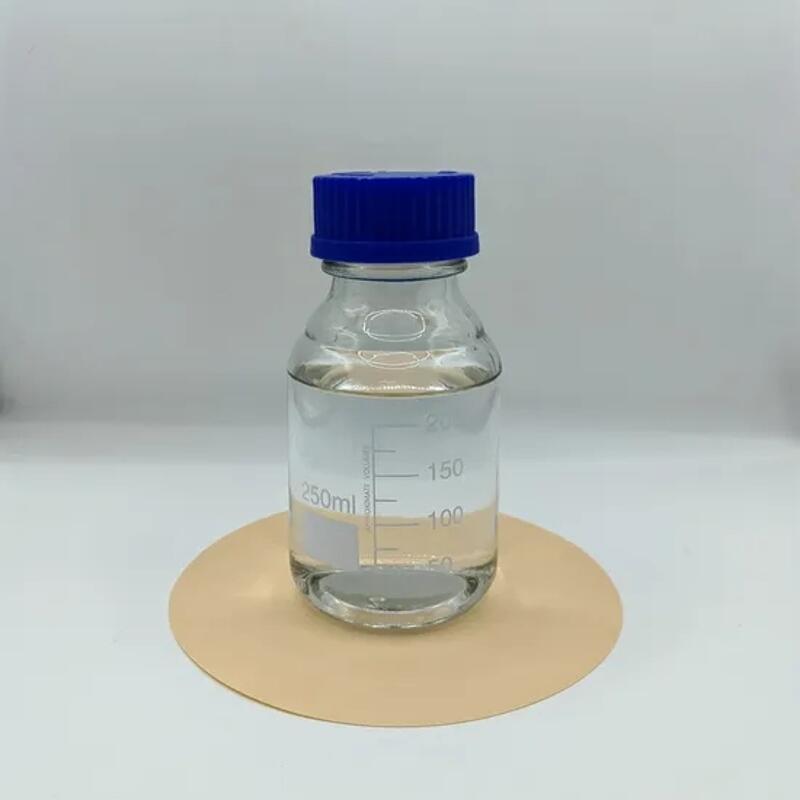-
Categories
-
Pharmaceutical Intermediates
-
Active Pharmaceutical Ingredients
-
Food Additives
- Industrial Coatings
- Agrochemicals
- Dyes and Pigments
- Surfactant
- Flavors and Fragrances
- Chemical Reagents
- Catalyst and Auxiliary
- Natural Products
- Inorganic Chemistry
-
Organic Chemistry
-
Biochemical Engineering
- Analytical Chemistry
-
Cosmetic Ingredient
- Water Treatment Chemical
-
Pharmaceutical Intermediates
Promotion
ECHEMI Mall
Wholesale
Weekly Price
Exhibition
News
-
Trade Service
Xylene is a group of aromatic hydrocarbons that are widely used as solvents, diluents, and raw materials in the production of a variety of chemicals and products.
In the chemical industry, xylene is produced through a process known as the Birkeland-Eyde process, which involves the electrolysis of a mixture of benzene and toluene in a solution of sodium hydroxide.
The Production Process of Xylene
The production of xylene begins with the extraction of benzene and toluene from petroleum or natural gas.
The extracted benzene and toluene are then mixed with a solution of sodium hydroxide and water, and the resulting mixture is known as the feedstock.
The feedstock is then passed through a series of electrolytic cells, where it is subjected to an electric current.
The electric current causes the benzene and toluene molecules to undergo a chemical reaction, resulting in the formation of xylene.
The xylene that is produced in the electrolytic cells is then separated from the remaining solution using a variety of methods, such as distillation or solvent extraction.
The purified xylene is then further processed to remove any impurities or unwanted substances, resulting in a final product that is suitable for use in a variety of applications.
Advantages of the Birkeland-Eyde Process
The Birkeland-Eyde process has a number of advantages over other methods of xylene production.
One of the key advantages is the high yield of xylene that can be produced using this process.
The Birkeland-Eyde process is also relatively energy-efficient and does not produce any harmful by-products, making it an environmentally friendly option for xylene production.
Another advantage of the Birkeland-Eyde process is its ability to produce high-purity xylene.
The purified xylene that is produced using this process can be used in a variety of applications, including the production of polyester fibers, plastics, and dyes.
Applications of Xylene
Xylene is a versatile chemical that has a wide range of applications in the chemical industry.
Some of the most common applications of xylene include:
- As a solvent in the production of coatings, inks, and adhesives
- As a raw material in the production of polyester fibers and plastics
- As an intermediate in the production of a variety of chemicals, such as dyes, resins, and pharmaceuticals
- As a cleaning agent for various industrial and domestic applications
Xylene is also used in the production of perfumes, flavors, and other fragrances.
Conclusion
Xylene is an important chemical that is widely used in the production of a variety of chemicals and products.
The Birkeland-Eyde process is a commonly used method for producing xylene, which involves the electrolysis of a mixture of benzene and toluene in a solution of sodium hydroxide.
This process offers a number of advantages over other methods of xylene production, including a high yield of xylene, high purity, and environmental friendliness.
The applications of xylene are vast and include solvents, raw materials, and cleaning agents among others.






